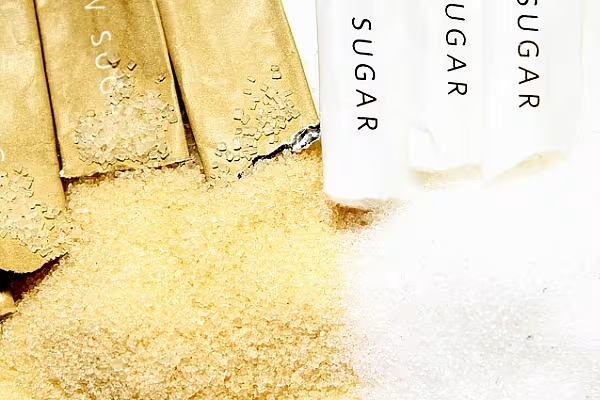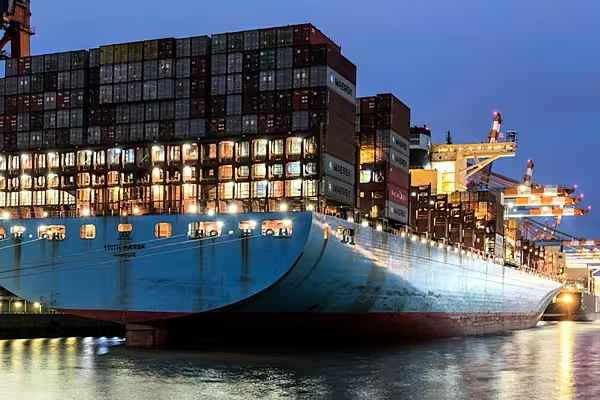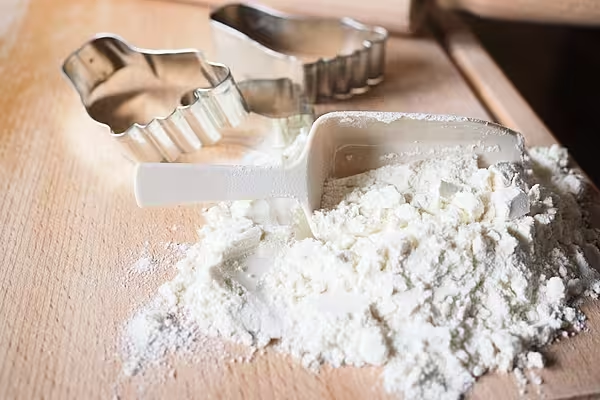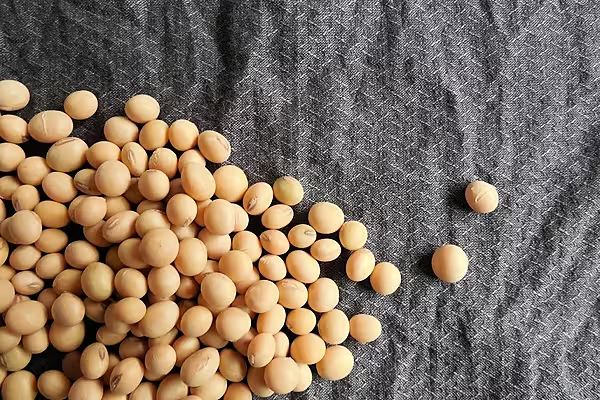Europeans’ taste for sugar transformed the world.
West Indies plantations built from the 17th century to feed demand from the sugar trade drove a nexus of commerce, capital and manufacture that fomented the industrial revolution and modern financial markets.
More than three hundred years later, Europe is set to deliver a crippling blow to a trade that once made up almost a fifth of its entire imports, and has sustained developing-country sugar cane farmers since.
The European Union’s decision to remove limits on its own beet-sugar output from October means less demand for cane growers from Jamaica in the Caribbean, to the Pacific island of Fiji, and Swaziland in southern Africa.
“Within a decade or so, I can see the EU market for raw sugar from the Caribbean being all but a matter of history,” said David Jessop, an adviser to companies and governments on trade and investment in the region. "The challenge from the Caribbean perspective is what they can do, if anything, to ensure the future of their industry."
Jamaica, Belize and Mauritius were among a group of more than 10 nations that benefited from quota- and duty-free access for 1.6 million metric tonnes of mostly raw-sugar shipments to the EU in 2015-16. The amount, which can vary year-by-year, represented about half the European bloc’s imports of the commodity.
Europe’s Sugar Market Consolidates As Efficient Producers Grow
While the countries will retain those privileges, their high-cost cane plantations may struggle to compete against EU beet farmers who are boosting yields and increasing scale. European output may expand by about 17% to more than 20 million tonnes and imports sink by about half with the changes, Rabobank says.
Fiji, Mauritius, Belize and Guyana have been shipping about 80% or so of their sugar exports to the EU, and Jamaica at least 60%, according to a 218-page report from LMC International Ltd. funded by the trading bloc.
Some also have among the highest costs. Belize and Guyana produce less than 6 tonnes of sugar per hectare cultivated, compared with an average of about 10 for giants like Brazil, LMC says. The cane sugar they ship to Europe is then refined, with about a third going through the UK Supplies from most other countries incur high import duties.
"It’s not that we want to leave those suppliers behind," said Gerald Mason, senior vice president of corporate affairs at London-based refiner Tate & Lyle Sugars. "But if Europe has made the white sugar market really competitive, we have to have access to more competitive supplies."
EU trade cooperation with the African, Caribbean and Pacific sugar nations dates to the birth of the European Economic Community in 1957. After the UK’s accession in 1973, Britain won agreement to extend to the bloc the preferential relations it had offered to former colonies. The system evolved from purchases at fixed prices into duty- and quota-free access.
Imperial possessions such as Barbados were founded on the trade in sugar, and the slaves who lived and died working the plantations. One perished for every tonne produced, according to some accounts.
Jam and Tea
The result not only changed European tastes, bringing jam and sugared tea and coffee to the masses, but built fortunes that spurred capital and insurance markets in London and Amsterdam. Demand for cast iron and machinery used in sugar processing and refining, and the extra calories that fuelled a developing working class, drove a path to the industrial revolution.
The European beet sugar industry that now threatens cane farmers itself has roots in one of the defining events of the continent’s history. It was Britain’s naval blockade of Napoleonic France at the start of the 19th century that prodded the French to seek an alternative to Caribbean supplies.
Even today, the business is being affected by the UK’s spiky relationship with the continent, as Britain’s vote to leave the EU casts a fog over future trade ties.
"Countries are now suggesting to the UK government that post-Brexit, they ought to be looking after their traditional trade partners," Chris Bennett, managing director of the Caribbean Council business lobby, said in London.
Producers have already cut reliance on the industry, with sugar making up a small part of their economies. Mauritius has boosted its textile and tourism businesses.
The country has increased refining to add value to their crops and aims to sell specialty sugars such as muscovado and demerara, and meet requirements for fairtrade labeling that appeals to consumers ready to pay more for ethically produced goods.
Jamaican Rum
Growing markets in Africa and Asia are being courted.
Still, for many raw sugar remains a major export, as well as a source of hard currency and rural employment. Caribbean nations will meet in Kingston, Jamaica, this month to discuss the " existential threats" to the industry.
"We are working so hard to establish new markets and to establish byproducts of sugar," Karl Samuda, Jamaica’s agriculture and industry minister, said in an interview. "Although we have to depend on it now, and we will continue to depend on it for some time, we have to look to transitioning to value-added products such as ethanol and expansion of our rum industry."
While sugar from cane still accounts for about 80% of the total sweetener produced, growers risk not only losing their most important market, but facing new rival exporters as European growers expand. That will boost market supply and cut prices.
Rabobank’s Ruud Schers estimates the premium European sugar commands over world prices may slump to below 100 euros ($106) a tonne, from an average of 146 euros from 2009 through 2016.
"It’ll be very much a question of the survival of the fittest," said Devesh Dukhira, chief executive officer of the Mauritius Sugar Syndicate, representing growers. "Competition will become much fiercer and the price is going to go down."
News by Bloomberg, edited by ESM. Click subscribe to sign up to ESM: The European Supermarket Magazine.














